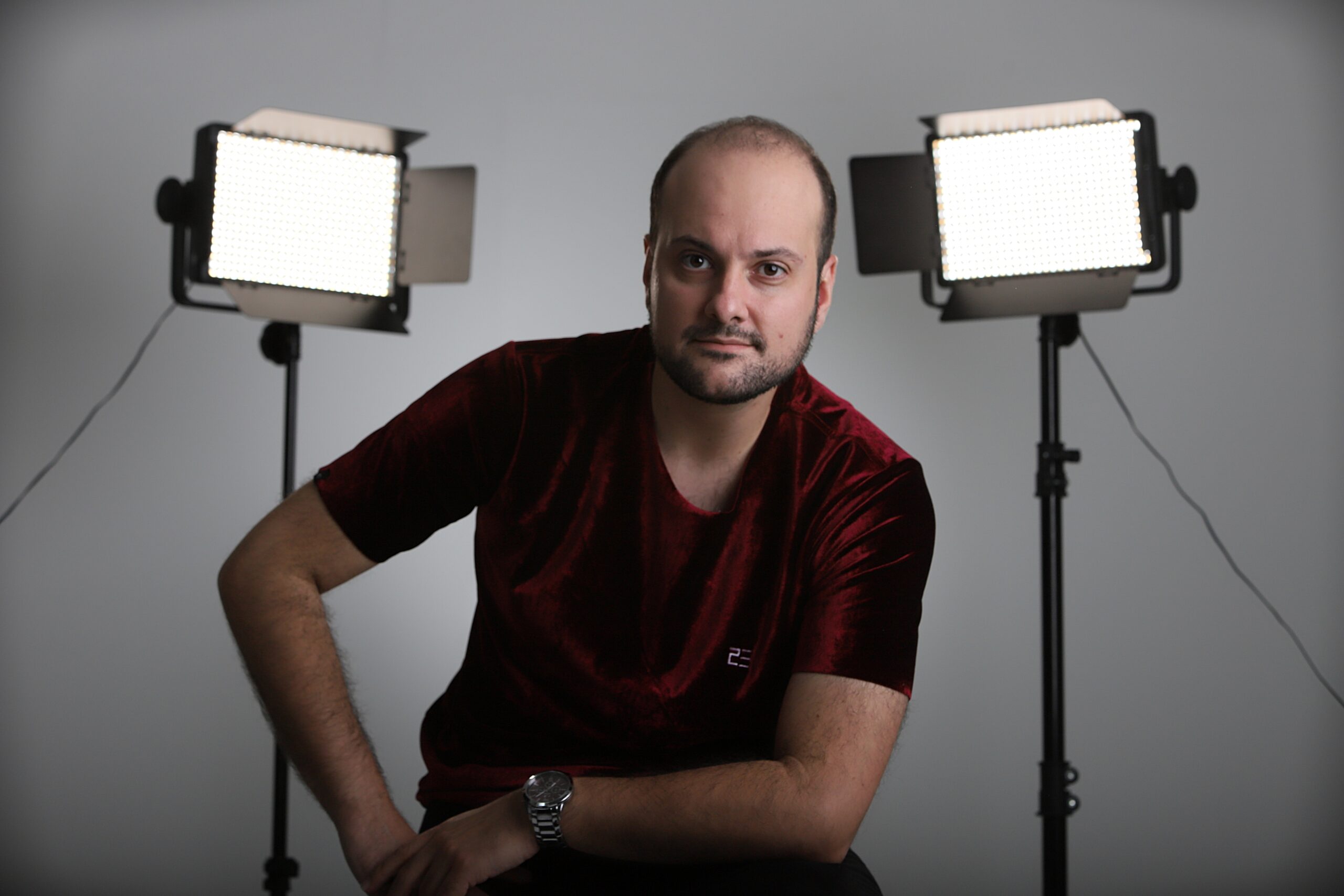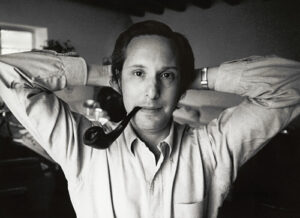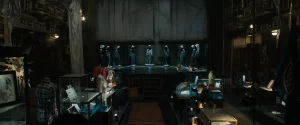Tom Hanks works in a factory – where everything is timed – and his routine obeys a series of mechanical and bitter commandments. A monotonous operation ditates his life. He acts and decides to buy a rope. A rope that will end his melancholic life. It’s on his schedule, but something doesn’t go as expected and a series of obstacles arise to disrupt his time arranged with death.
This is how the character of Otto Anderson is presented to us by director Marc Forster, who is clever on showing the Hanks’s expressions and nuances as the grumpy widower. It is his reaction to an electronic robot bothering him on the phone, for example, or his new neighbors bothering him that shows the protagonist’s view of life.
A UPS car disrupts traffic, going against the sign that says what to do, the bicycle interferes with his routine, but it is when he is faced with the complexities of people that involve these disruptions, these breaches of rules, that Otto notice how life is bigger than he seem to think.
From the scenario that previously showed a chapel prepared for a seventh day mass, when he puts a rope on top of the living room, we are now taken to other rooms and other ways of being from Hanks’ character. That’s when its protagonist realizes that life also serves to preserve the memory of those who are gone. That’s the beautiful message that Forster conveys.
There are editing problems regarding the character’s past, with childish and summarized insertions. However, the strength of A Man Called Otto lies in Hanks’ performance, one of his best contemporary film performances.







